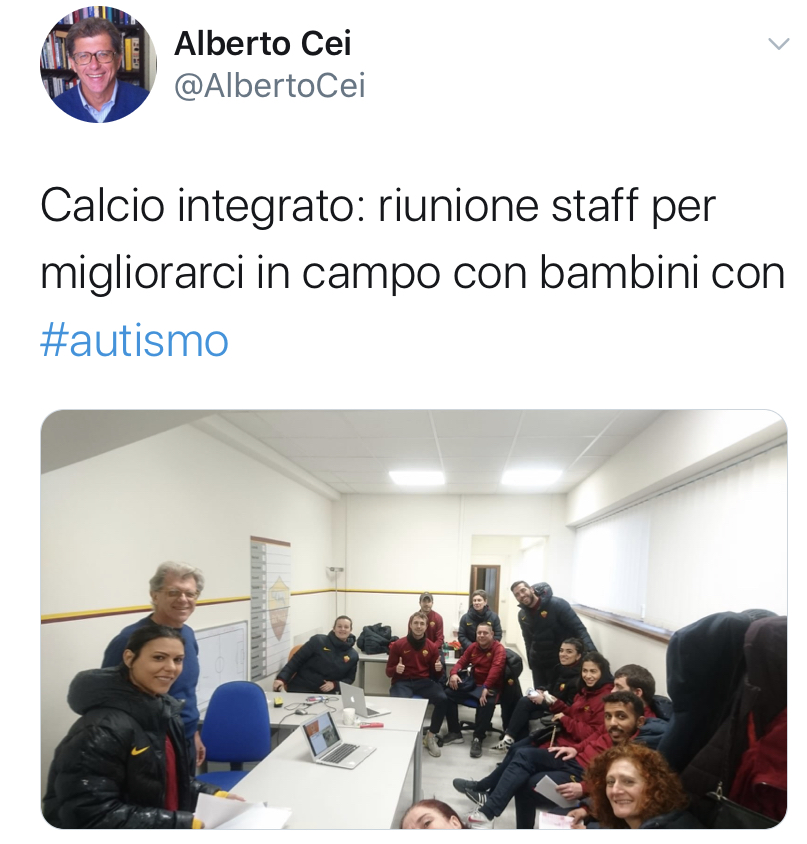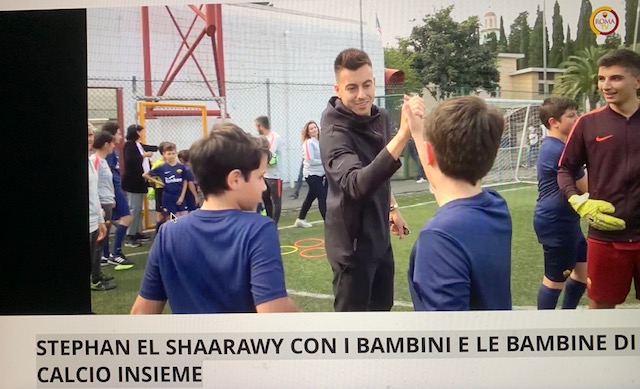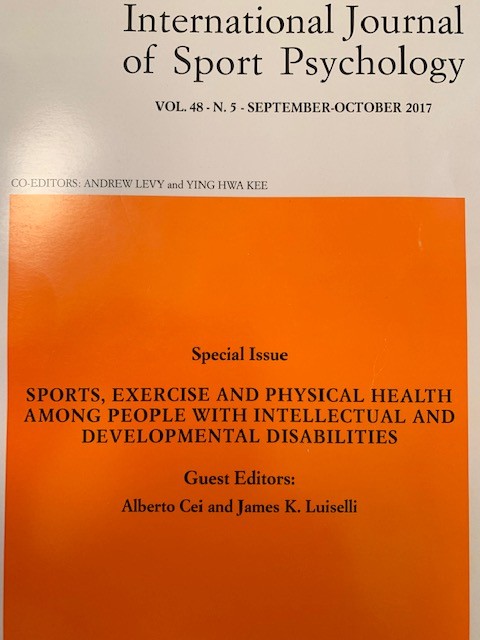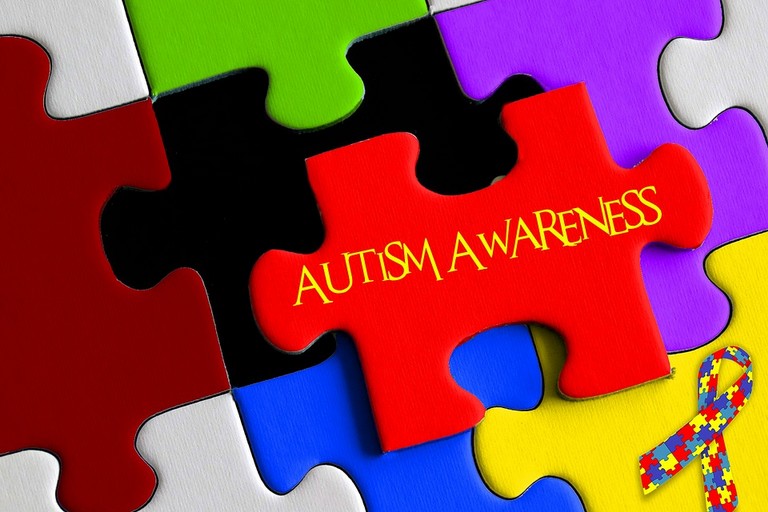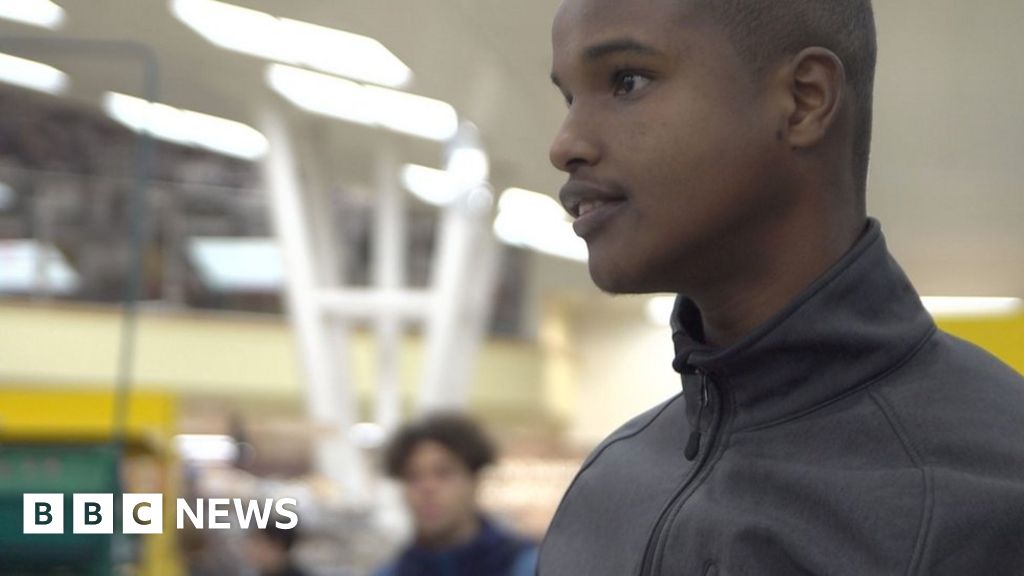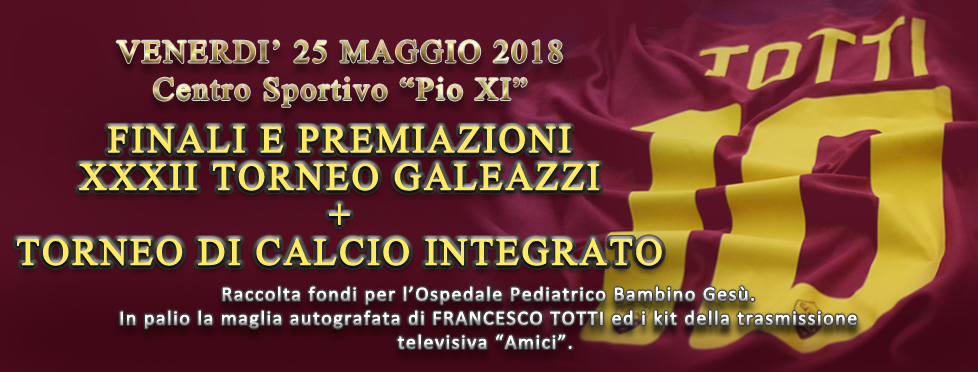Yesterday simple twitter had 2353 views. It’s a photo of a meeting of our staff discussing the new training program for children with intellectual disabilities and largely autistic, to improve their motor learning and teach football.
The interest it has aroused shows how the theme of sports practice for these children (6-13 years) is topical, there are few who are regularly involved in sport, we do not really know how many of them, how often and what activities they do. Research data shows these children practice individual sports, mainly running and swimming. Programs involving them in football schools are extremely rare, as they require competent coaches and psychologists. Often football is not recommended for these children because they are placed in groups with young people with typical development and coaches who do not have time and skills to teach them.
Roma Cares, AS Roma and the Integrated Football Academy have been designing and implementing the “Calcio Insieme” project for 5 years, which currently involves 70 children with intellectual disabilities. It involves a staff of 10 coaches, 5 sports psychologists, 1 speech therapist, 1 doctor, 1 manager of relations with families and schools, 1 technical manager and 1 scientific manager. It is a complex project that involves children from October to June twice a week. The results obtained and published in scientific journals have shown significant improvements in the motor and psychosocial areas.
